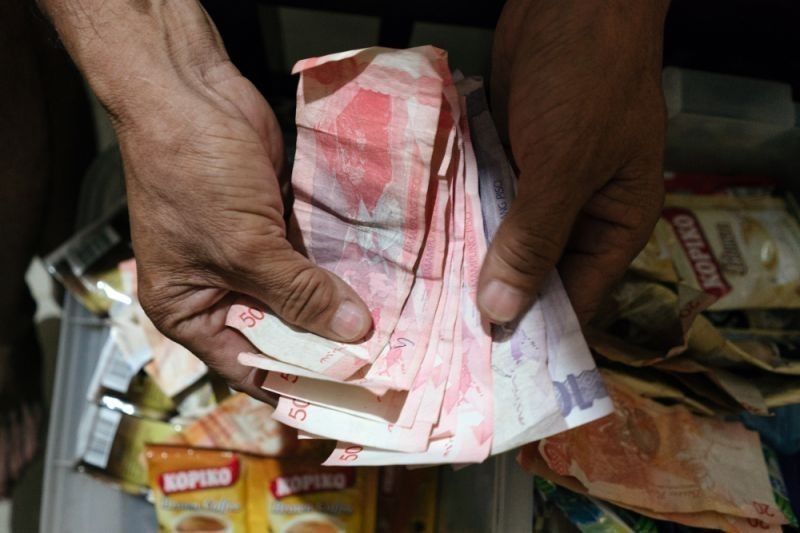
Upgrade to High-Speed Internet for only ₱1499/month!
Enjoy up to 100 Mbps fiber broadband, perfect for browsing, streaming, and gaming.
Visit Suniway.ph to learn
Rhodina Villanueva - The Philippine Star
May 28, 2025 | 12:00am
This was according to Dr. Jose Rene de Grano, president of the Private Hospitals Association of the Philippines Inc. (PHAPI), who explained that hospitals have to raise rates so they can maintain normal operations.
STAR / Ernie Peñaredondo, file
MANILA, Philippines — With the rising costs of medical supplies, a majority of the country’s private hospitals have begun implementing a 15-percent increase in hospitalization rates.
This was according to Dr. Jose Rene de Grano, president of the Private Hospitals Association of the Philippines Inc. (PHAPI), who explained that hospitals have to raise rates so they can maintain normal operations.
“Almost all of them have implemented an increase in hospital charges by at least 10 to 15 percent compared to their 2024 rates. Otherwise, they would not have sustained their present status,” De Grano said.
Some 1,200 hospitals across the country are members of PHAPI.
De Grano revealed that around five percent of private hospitals have adjusted rates by as much as 20 percent.
“However, these are the Level 2 and 3 hospitals,” he said.
Level 2 hospitals offer advanced services, including intensive care units and specialty clinics, while Level 3 hospitals include those that provide the most comprehensive services including specialized facilities, residency programs as well as teaching and training.
“I think it is unavoidable because of the rising cost of supplies, medicine, equipment and overhead expenses like manpower and utilities, infection control, among other things,” the PHAPI chief pointed out.
De Grano said adjustments in hospitalization costs would enable hospital management to raise the wages of hospital staff such as nurses, medical technologists, radiology technologists, respiratory technicians, cardiac technicians, pharmacists, among others.
Since private hospitals are not subsidized by the government, any increase in their operational cost would translate to higher hospitalization charges, De Grano said.
“Unlike in government facilities, whether they have more patients or no patients at all, they get the same budget and if their budget goes down, they can always request for supplemental budget. For us, we rely on the services we offer our patients and on reimbursements by PhilHealth, health maintenance organizations and insurance companies,” he explained.
Meanwhile, the Philippine Health Insurance Corp. (PhilHealth) has announced the disbursement of over P91 billion in benefit claims for the first four months of the year.
PhilHealth said it disbursed P91.7 billion in hospital claims between Jan. 1 and May 3.
“This is higher by over P40 billion compared to the amount paid from Jan. 1 to May 3, 2024,” PhilHealth said in a social media post.
The state health insurer said the higher amount paid reflects the improvement in PhilHealth’s processing of hospital claims.
“This is proof that PhilHealth is making sure every centavo paid by our members are properly used to benefit every Filipino,” it said.
The agency has been urging health facilities to submit claims as early as possible.
“Health facilities are hereby encouraged to submit good claims earlier than the prescribed 60-day period to further reduce and ensure early release of PhilHealth payment,” PhilHealth acting president and chief executive officer Edwin Mercado said earlier.
PhilHealth last year began using artificial intelligence technology to further improve its processing of health insurance claims.

 1 week ago
3
1 week ago
3



